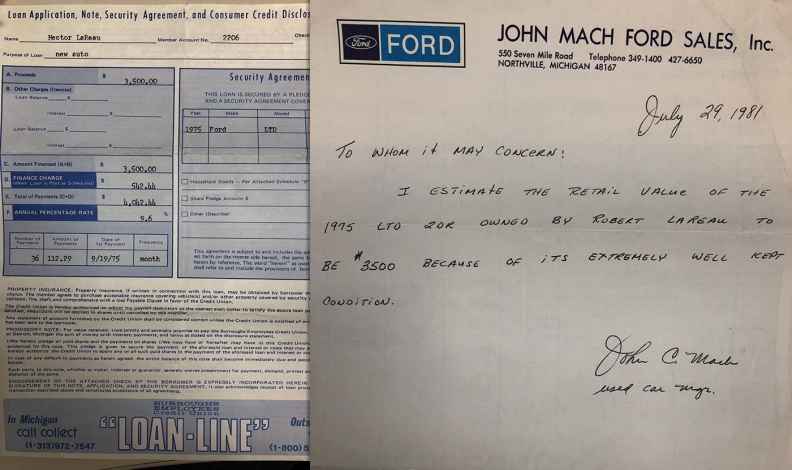
Buying a car can be such a drag now that many young people are indicating apathy toward personal car ownership. Who can blame them?
The purchase process, the cost of ownership and the proliferation of ride-hailing suggest the idea of personal car ownership could be headed toward becoming a relic of the past.
But before that happens, let's remember there was a time when owning a car was more than just buying a machine. It was part of the human experience.
Recently, I was sorting through items from my parents' house when I found a clear plastic bag with a piece of scrap paper taped to it that read, "Auto Papers," in my mother's handwriting.
I was ready to scan and toss them out. Instead, I was mesmerized.
There, buried in the middle of the papers, was a loan application with my grandfather's name on it for a 1975 two-door Ford LTD. The loan was dated Aug. 19, 1975. The whole thing fit on one small page. He paid $4,042.44 for the car, financing $3,500 in a 36-month loan at a whopping 9.6 percent interest rate, making his monthly payments $112.29.
Ah, I remember that car well. It was dark red. When Grandpa got the keys, he and Grandma drove straight to our house. I was 5 years old and had not ridden in a car for more than a year following a bad accident that frightened me. Little did I know what I'd end up doing for a living.
But, on that day, Grandpa was so proud of that LTD that my mother told me I would hurt his feelings if I refused a ride in it. So, with white knuckles, I climbed aboard, and we went to dinner at a Chinese restaurant.
Grandpa only enjoyed his car briefly -- he died later that year. So, my dad bought it from Grandma and spent years immaculately tending to it. It stayed in our garage most of the time, driven only on sunny days and holidays.
Which leads to the second interesting artifact I found: a handwritten, signed note by the used-car manager at a metro Detroit Ford dealership.
"To whom it may concern: I estimate the retail value of the 1975 LTD 2-door owned by Robert LaReau to be $3,500 because of its extremely well kept condition."
The letter is written on the dealership's letterhead and dated July 29, 1981. A Google search revealed the dealership is now an abandoned building, having shuttered its doors in the early 2000s. Still, I don't think you'd find a used-car manager willing to write such a note today.
My dad never sold the car. He kept it until the fall of 2006, when, at age 80 and deep in Alzheimer's, he found its keys, which my mother had hidden. He snuck out for a joy ride. It would be his and the car's last ride. When Detroit police found dad some 10 hours later, no one was harmed, but the car was totaled.
My mom and I watched as it was towed away for scrap metal. She sobbed; I did not. At the time, I considered the car merely a road appliance designed to get a person from point A to point B.
Now, I realize it was so much more. It was a story. I was there for the beginning of the story -- the day my grandpa brought his new car into our lives. And, I was there for the end of it, when my dad took it out.
No matter what shape the auto industry takes in the future, it is with a bit of nostalgia that I realize the life experiences that twist and twine between humans and their cars will become as antiquated as the auto papers I found in that old house.
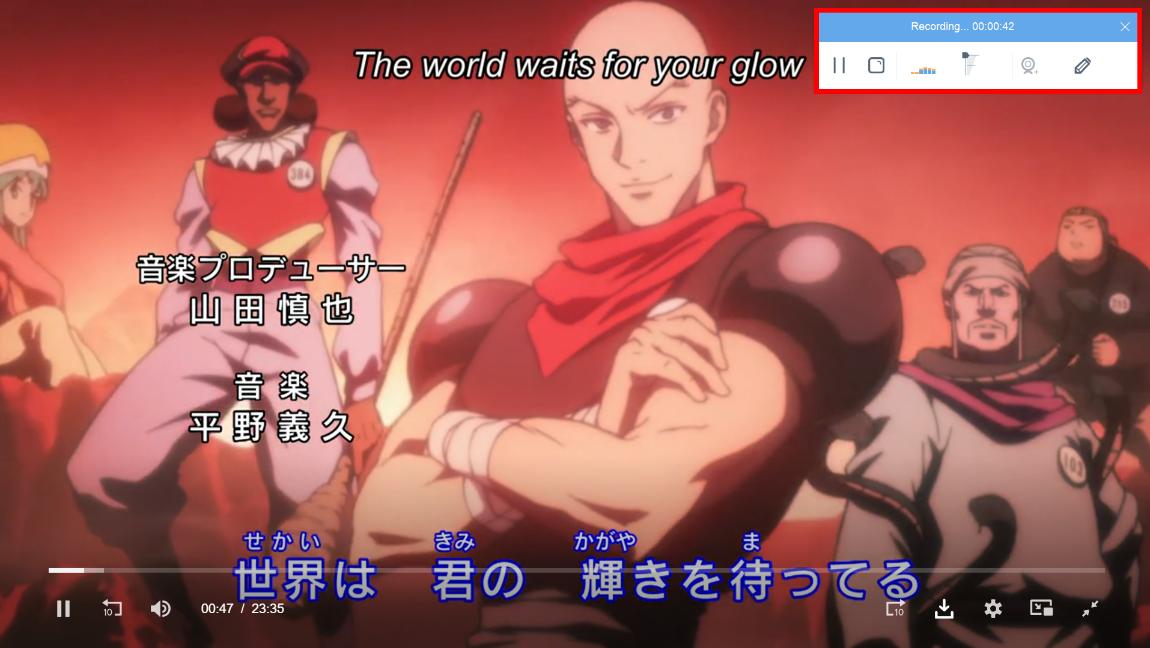

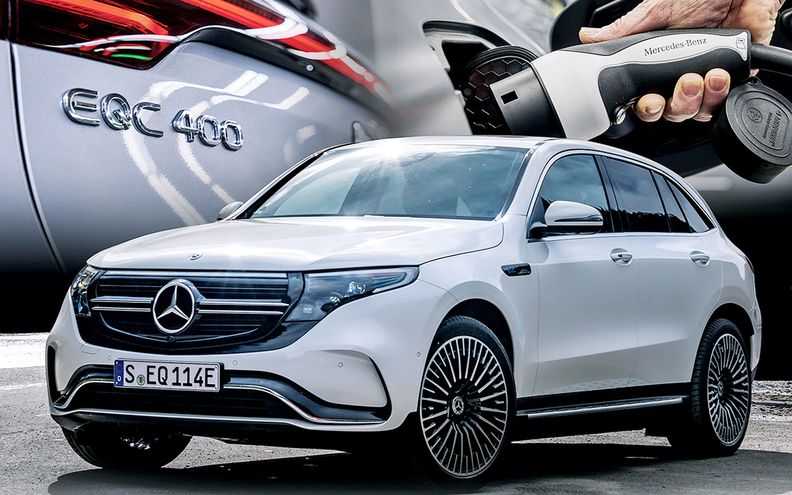
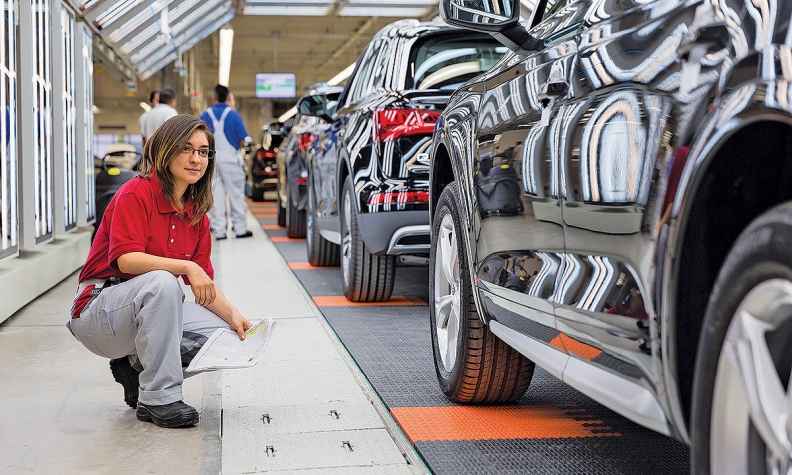

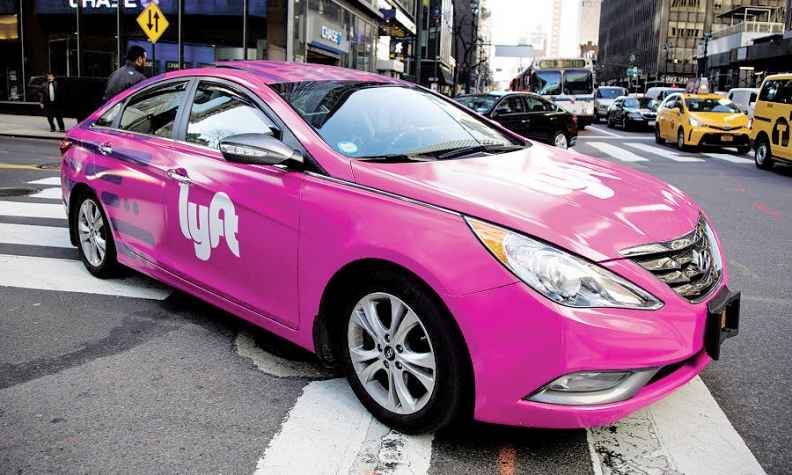
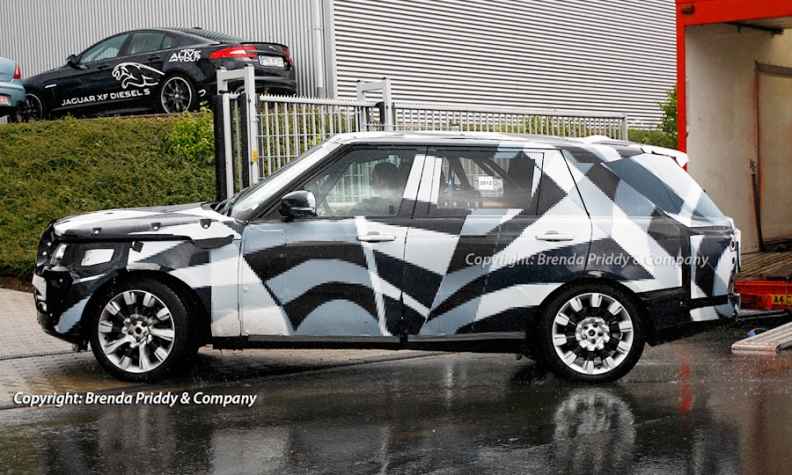
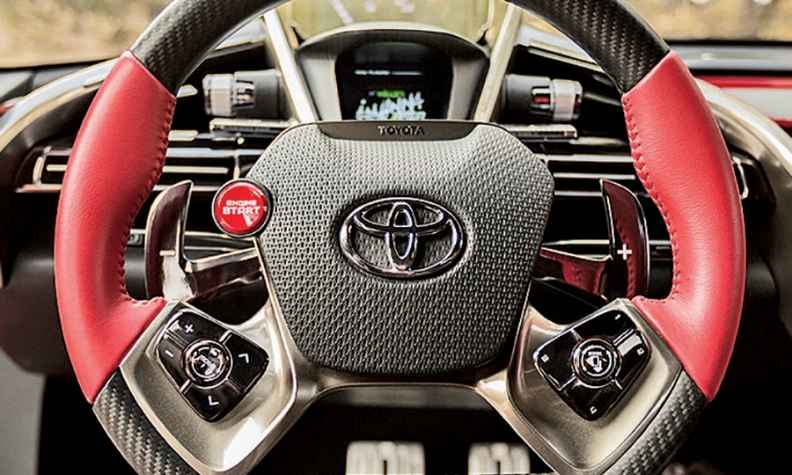
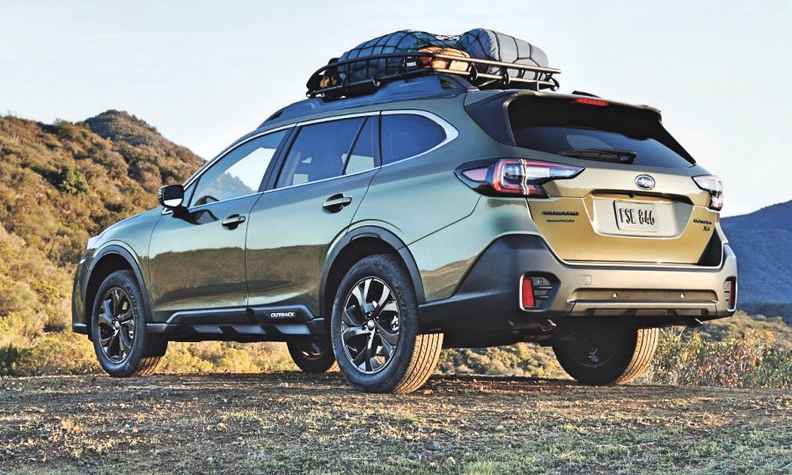
Post your comment